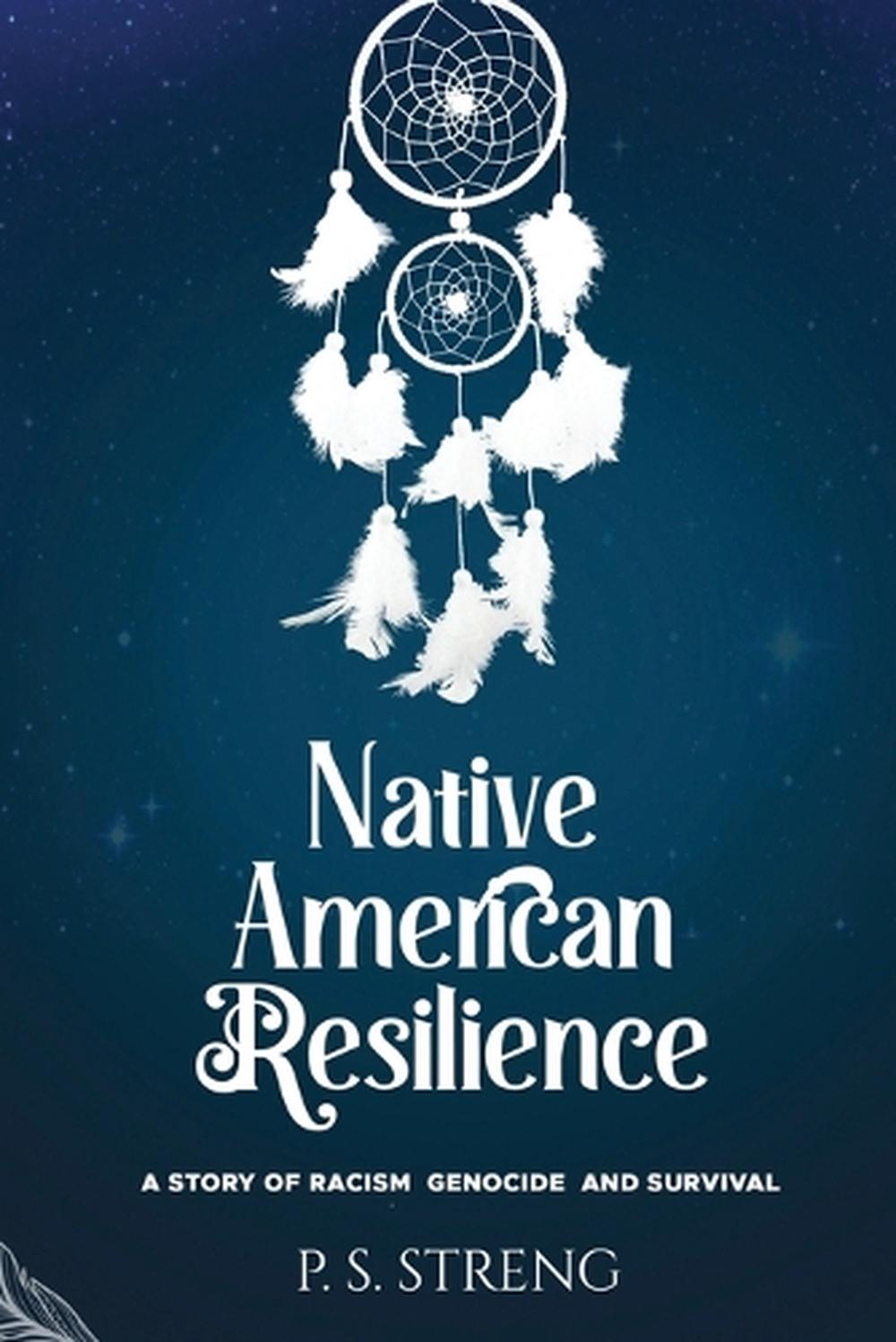
Native American Resilience
a story of racism, genocide and survival
- Paperback
424 pages
- Release Date
1 January 1970
Summary
Native American Resilience: A Holistic History of Survival
Many books written about Native Americans have focused in depth on a particular era or subject. “Native American Resilience: A Story of Racism, Genocide and Survival” differs in that it provides a more holistic history, as well as the author’s analysis, in the hope that readers will discover or reaffirm for themselves the truth of the past and present lives of the First Americans.
The book has two parts:
Book Details
| ISBN-13: | 9798991870009 |
|---|---|
| Author: | Patricia S. Streng |
| Publisher: | Socrates & Friends |
| Imprint: | Socrates & Friends |
| Format: | Paperback |
| Number of Pages: | 424 |
| Release Date: | 1 January 1970 |
| Weight: | 562g |
| Dimensions: | 229mm x 152mm x 22mm |
You Can Find This Book In
What They're Saying
Critics Review
“I’ve read quite a bit on Native American history and the dramatic, often horrific changes that occurred after Columbus’ arrival. But Native American Resilience tells this history with details I’d never come across, with complete references and background. It’s both broad in its perspective and focused. Starting with the Cherokee nation, and some wonderful details of pre-Columbian cultural life, this book broadens with detail on later events, treaties and a picture that is unforgettable. If this is a topic you’re interested in, this book should be on your shelf (or in your Kindle).” - Dale E. Garrison
”‘Native American Resilience’ is a book that belongs in its own category. It is part textbook, part casual read, and all historical facts. There is a massive amount of highly researched and interestingly sought-out information, and I admire the decades of work that went into it. If you want to know the true history of the Native Americans, and really get into the nitty gritty with some asides from the author, then this book is for you.” - Meredith Schneider
About The Author
Patricia S. Streng
Patricia Streng’s determination to understand Native American history beyond the classroom sparked her to write this book. Recognizing that history is often written by the victor, she dedicated countless hours to researching, traveling, and writing, thoroughly examining centuries-old historical documents to uncover the racism and genocide against Native Americans. Her passion unfolds as she tells a story of their strength and resilience in their fight to regain what is rightfully theirs - from treaties to equal rights and opportunities. Through her writing, she hopes to inspire others to support Native Americans in their pursuit of justice and equality. Their cause is one of racial equity, without geographical or ideological boundaries, and it is her desire that this knowledge will contribute to making a positive difference in the lives of not only Native Americans but all victims of racism.
Returns
This item is eligible for free returns within 30 days of delivery. See our returns policy for further details.




